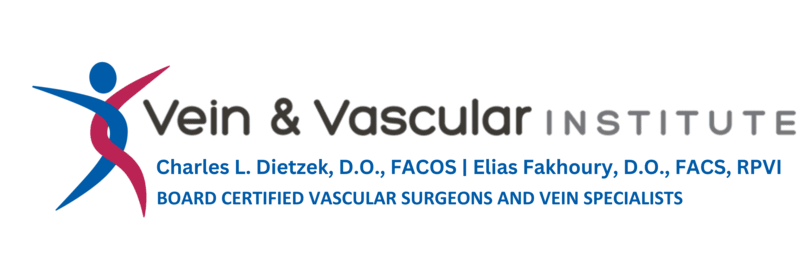Healthy eating habits can help prevent a lot of medical problems, including problems that affect your vascular system. If you have varicose veins or spider veins – or if you’re at risk for developing vein problems – you can optimize your vein health by making sure your diet is chock full of these important vitamins:
Table of Contents
Toggle5 Vitamins and Minerals for Healthy Veins
Vitamin E
Vitamin E keeps blood flow by reducing the “stickiness” of blood components called platelets. This means blood is less likely to form sticky clots or to adhere to the lining of vessel walls. Vitamin E may help reduce leg cramps and aching in some people. You can find vitamin E in sunflower seeds, almonds, pine nuts, avocado, spinach and broccoli, and it’s also found in many vitamin-fortified bowls of cereal.
Vitamin B Complex
Vitamin B complex includes several B vitamins, each of which performs an important function in your overall health and wellness. For vein health, focus on vitamins B6 and B12, especially if you have a family history of blood clots. These two vitamins help remove excess amounts of homocysteine, an amino acid that’s been linked with clotting problems. You should also include B3, which has been shown to improve circulation while also helping to reduce the amount of cholesterol in your blood. You can find B vitamins in many foods, including whole grains, turkey, tuna, bananas, lentils, potatoes, peppers, and molasses.
Vitamin C
A powerful antioxidant, Vitamin C isn’t just for fighting colds and other illnesses. It also plays an important role in the production of collagen and elastin, both of which are essential for healthy, elastic blood vessels. Vitamin C also helps reduce inflammation. Most people associate this vitamin with citrus fruits, but you can also find it in broccoli. potatoes, berries, and tomatoes.
Vitamin K
Vitamin K is important for normal blood clotting, helping control the flow of blood after an injury. Studies show this vitamin can also help strengthen the walls of tiny blood vessels called capillaries, preventing them from bulging and breaking. Vitamin K is found in many leafy green vegetables, like spinach, dark green lettuce, broccoli, parsley and Brussels sprouts.
Copper
Copper is a mineral, not a vitamin, but it still has a place in a vein-healthy diet. Copper is important for maintaining and repairing endothelial cells, specialized cells that line the walls of your blood vessels. Copper can be found in liver, sunflower seeds, dark chocolate, molasses, lentils, almonds and dried apricots.
Are your veins healthy?
Having your veins evaluated is a great way to make sure you’re doing all you can to maintain good circulatory health. At Vein & Vascular Institute, we help the patient stay healthy with routine vein evaluations and state-of-the-art vein treatments customized for each patient’s needs. To request your vein evaluation or to learn more about the vein treatment options we offer, call us at 856-309-8346 and schedule a visit today.
